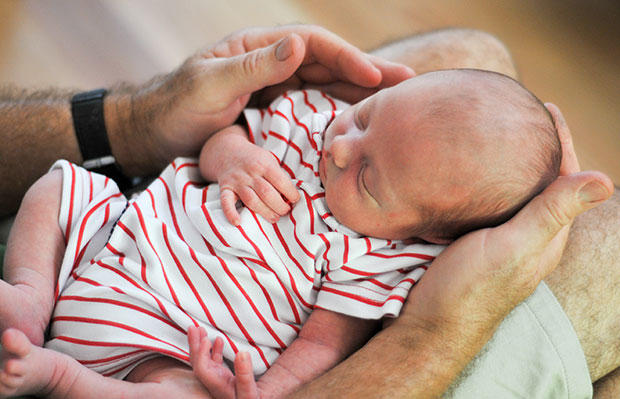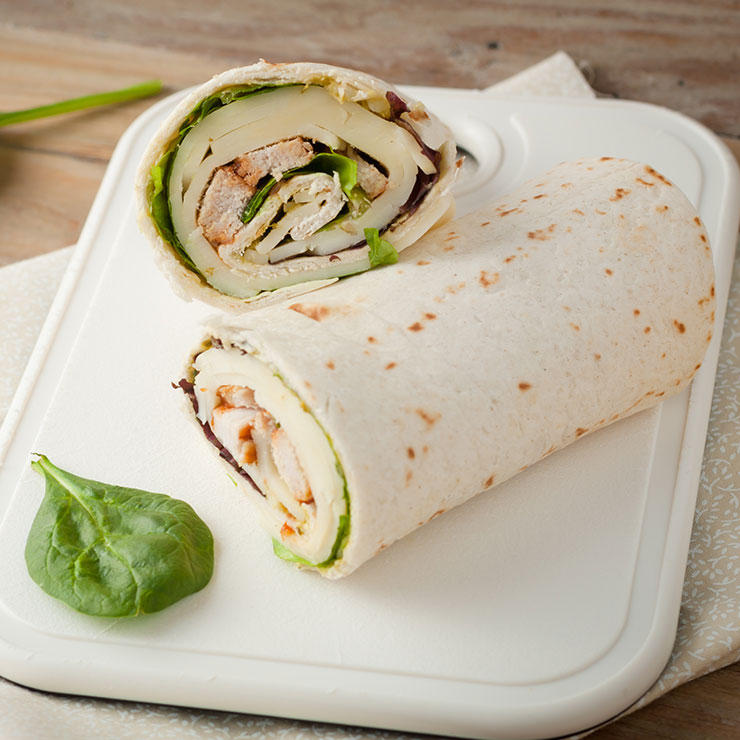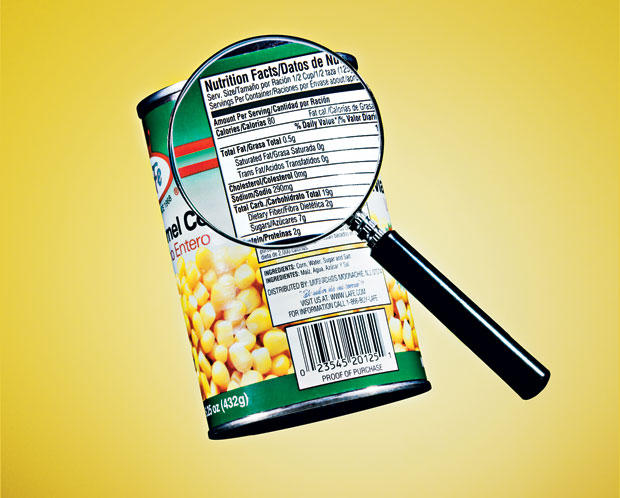They're inherently setting you up to fail and gain even more weight than you had in the beginning.
In my experience working with hundreds of women—and in my own struggle with my body and my weight—I've come to realize that any official "diet" that's super restrictive will cause you to gain weight. (In fact, it wasn't until I stopped dieting that I lost 40 pounds.)
Most diets require you to cut out a large amount of calories because they want you to see quick results. But on a biological level, your body starts to think it's actually starving. As a result, you're driven to eat in such large amounts when food does come into the picture or when your "willpower" has worn down—and because your body is in a "stress state," it stores more fat than usual from that food.

Now that I eat "normally" and don't struggle with food, I realize that I was severely under-eating during my dieting days. Then I would beat myself up for overeating at night, as if I was some sort of failure. Of course I was driven to eat more at night; physiologically, I simply needed way more food.
Another reason I've seen so many strict diets fail for women is what I like to call the throw-in-the-towel effect. When you're dieting, you see your behavior as "good" or "bad" (and you tend to start labeling different foods as "good" or "bad"). When you eat according to your diet, you feel proud, successful, and happy. When you eat something not on your diet, you feel like a failure and want to throw in the towel and eat everything that's not nailed down. This stems from the deep belief that you will have to restrict again in the future in order to "get back on the wagon"—so you might as well eat everything you can right now, before you have to cut back on your intake again.
Strict dieting also leads to overeating because it causes people to completely lose touch with their own internal hunger and fullness cues.

RELATED: The Best Way to Tell If You're ACTUALLY Hungry
Strict diets also lead to a lot of emotional issues with food: Dieting makes you irritable, depressed, bored, and anxious. What's more, "messing up a diet" often makes people feel like failures, which leads to low self-esteem and insecurities. These emotional issues, coupled with the fact that dieting makes you lose touch with your internal hunger and fullness cues, means there's really nothing stopping you from eating to feel better emotionally. You eat to get that jolt of excitement, to numb the pain of feeling bad about your body, or to distract you from how upset you are for "falling off the wagon" again.
During my dieting days, I was so focused on losing weight that I missed out on living life in my early twenties. I was scared to date because I didn't think I was thin enough, going out to eat with friends gave me anxiety, and my days revolved around food and exercise instead of living my life. While I thought I was doing the right thing by focusing so much on dieting, this way of living made me feel bored, disconnected from family and friends, and bad about myself. As a result, I would eat even more to feel better.
RELATED: The Key to Weight-Loss Success That Has Absolutely Nothing To Do With Diet Or Exercise
There have been hundreds of studies pointing to the fact that dieting causes weight gain, and these are just a few of the reasons why.
So what will work if dieting won't? Here are a few tips to get you started:
1. Start to tune into your body's hunger and fullness cues. Relearn how to trust the incredible mechanisms within your own body and surrender to the fact that your body is way smarter and stronger than your willpower ever will be. Notice when your body is hungry and when your body is full, and try to eat according to these cues. These cues are your body’s natural way of calorie counting without feeling deprived! If this sounds too scary for you to jump into at first, just commit to doing this for two or three days, and see how it feels.
2. Work on rejecting the diet mentality. The more you buy into the diet mentality, the harder it's going to be to eat right for your body. Every time you hear yourself saying, "I'll start again on Monday" or "That food is bad" or "I messed up today," remind yourself what you're doing with dieting, that it hasn't worked for you in the past, and that there is no way to be "bad" or "good" around food. It's all just a story we have been fed for far too long, but it doesn't need to continue to drive your decisions around food.
3. Learn what foods are right for your body, not anyone else’s. Part of the reason you overeat or feel miserable on a diet is that you're not eating foods that make your body feel good and that you also enjoy. Take time to explore what foods you thrive on, what meals are both nourishing and satisfying for you, and what foods maybe don’t work so well for your body. Remember, your body is guiding you and your body wants to be at a healthy weight. You just need to listen to it.
The article The Diets That Are Proven To Make You GAIN Weight originally ran on Womenshealthmag.com.





